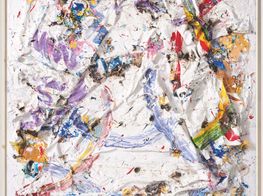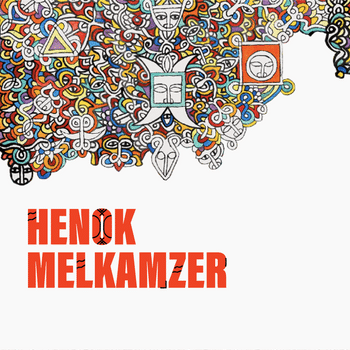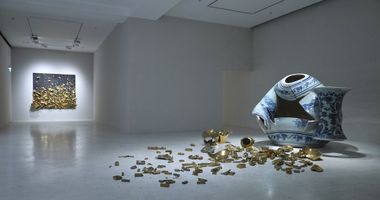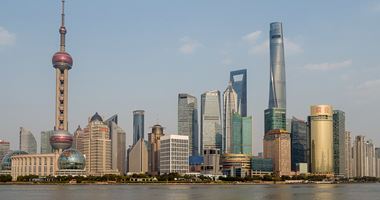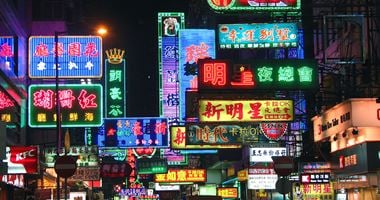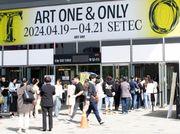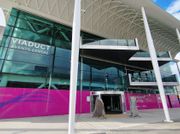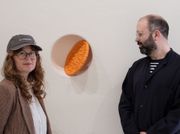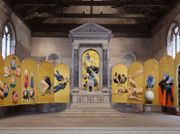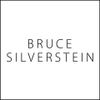Michael Chow
Michael Chow aka Zhou Yinghua, Self-Portrait, 1959, London
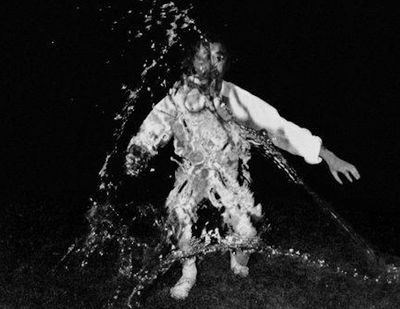
Michael Chow aka Zhou Yinghua, Self-Portrait, 1959, London
Michael Chow, aka, Zhou Yinghua, was born in 1939 into a theatrical family in Shanghai. His father was Zhou Xinfang, the grandmaster of Beijing Opera. When he was 13, Zhou Yinghua was sent to London, England and there, he became known as Michael Chow.
He studied arts and architecture, and showed in numerous shows and galleries in London, including the R.B.A Young Contemporaries exhibitions of 1957 and 1958, participation in a summer exhibition at the renowned Redfern Gallery, in 1958; and a three-man show held at the ICA London in 1964. Yet, Chow put down his paintbrush and turned his hand to food, opening his first restaurant, MR CHOW, in 1968 in Knightsbridge, London. It went on to became an international success.
Now, after a 50-year absence from painting, Chow has once again picked up his brush. He will be showing his work in a solo exhibition, his first in Asia, at Pearl Lam Galleries from 14 January to 8 March 2014. In this interview, Chow talks about how it feels to finally admit that he is indeed an artist in his own right.
I wanted to start with the impact leaving China had on you, the shock of which led you to find comfort in the visual arts. Could you elaborate on this experience?
Well, I was born into theatre and Beijing opera is total theatre; it's a treasure for China, Beijing opera, because it's quite unique. No other theatre encompasses quite so much. Of course, you have ballet, opera, plays, musicals, but nothing like Beijing Opera, which encompasses everything. And it's not that old. My father of course was a very famous actor in Beijing — Zhou Xinfang. He was very radical and changed the course of Beijing opera in terms of how he emphasised on the acting.
And so, I grew up in Shanghai in a very privileged family—my father was very famous and was like a hero to me, so I suppose I had the opera bug. I wanted to go into the theatre. Then, I went to England, and everything changed. It was a total shock—like a severe panic attack—and I lost everything, so to speak: Chinese language, Chinese food—everything familiar to me. My survival instinct kicked in and very early on, I started painting. I switched from wanting to be an actor to going into the visual arts, and I went to St Martins and did architecture, there.
I have always known I was an artist inside, but only inside.
It is interesting how you went from wanting to be an actor, a role that is vocal and expressive, to a position of the visual artist, when thinking about how you, as you said, lost your language when you came to Europe.
Well, you know how when you shut one door, you open another? Or how when you don't use one sense another gets stronger? I'm not a literary person; I don't read books. But I'm a totally visual person. I love film, for instance. From loving Beijing opera as a performer, in my painting there are some performative elements and then there is the eclectic physicality in the material I use.
Can you talk about the influences behind your work?
First of all, I was totally intrigued by and hooked to the movements of the time, from the late forties to the early sixties; people like Tapies, Fontana and so on. I was very much into that school of European painting. I took part in a few shows, but then I quit. There was no support. At the time, being a Chinese artist in the West was difficult, and in China it was also very difficult. In the 20th Century, China was not a place to breed culture; there was civil war, world war, famine, poverty.
So being a painter, being Chinese, was difficult; there was too much struggle. But because I missed China so much and thought it was so great, I became patriotic, not in the conscious way, but more Chinese than the Chinese, so to speak. I wanted to create something that communicated to the Europeans at the time something Chinese and thought to do this through the culture of food. So I made the restaurant.
I turned it into a theatre so as to create recognition of how sophisticated Chinese culture was and is. So I've been doing that all my life, for 46 years. We have restaurants all over the world, and have enjoyed some success and recognition. It has been accepted in the international restaurant world as one of the international names.
My influences are a combination of Chinese, American and European.
So, after your self-described 'radical sabbatical' do you feel like you are now an artist?
Well, I knew I was an artist, but the world did not allow me to be an artist — at least, that's how I felt, I don't know whether it was true or not, but that was how I felt at the time. I thought I could only do this restaurant thing. Yet, I had achieved fame and satisfaction through my restaurants, and fulfilled what I had intended to do.
I have always known I was an artist inside, but only inside. So outside, I lost confidence. Then, Jeffrey Deitch came to my house and saw a painting and asked me who did it; it was mine, and he told me it was good and that I should show my work. He told me: 'You are an artist.' And after that I thought, yes, I am an artist! So this has been very exciting; I mean it's amazing. I have to pinch myself, sometimes.
Can you talk about your upcoming show at Pearl Lam Galleries in Hong Kong?
Pearl was excited about my works as soon as she saw them. And I think it's a fantastic gallery for my first ever solo show in Asia, signifying my return to China, so to speak. In this show, the paintings are a little bit smaller than normal, because of the gallery space and so on, so it's very compact — not too many paintings, 12 small ones. But they are good quality.
It's about making poetry, and being true to your time, which is what my paintings are.
How did you develop your process, as a painter? In thinking about the works you will be showing with Pearl Lam, for instance, is there something that threads your paintings together?
Well, in my work, one thing led to another. When I was young, I painted hundreds of paintings in different styles, so the painterly sensibility and technique, was there already. Then there is the Chinese spirit; the landscapes, the philosophy, which came from the Beijing opera and my father, from China itself — influences that are organic and internal.
My external learning is very much connected with the European movements from the 40s, 50s and 60s, from historical references and conversations with these artists of the time. And the scale is very much post-Pollock—the Factory, expression—these big paintings. So basically, my influences are a combination of Chinese, American and European. It's all there. Basically, it's expressionist, landscape, romantic, which in some quarters can be dirty or negative words, but I don't think so.
Even paint itself can have negative connotations, but I don't think it will ever go away. And that's what it's all about. It's about making poetry, and being true to your time, which is what my paintings are.
And from your perspective, how would you describe 'your time'?
Usually it comes from being true to yourself, because the more true to yourself you are, the more personal your work is. That is what makes it universal. —[O]

